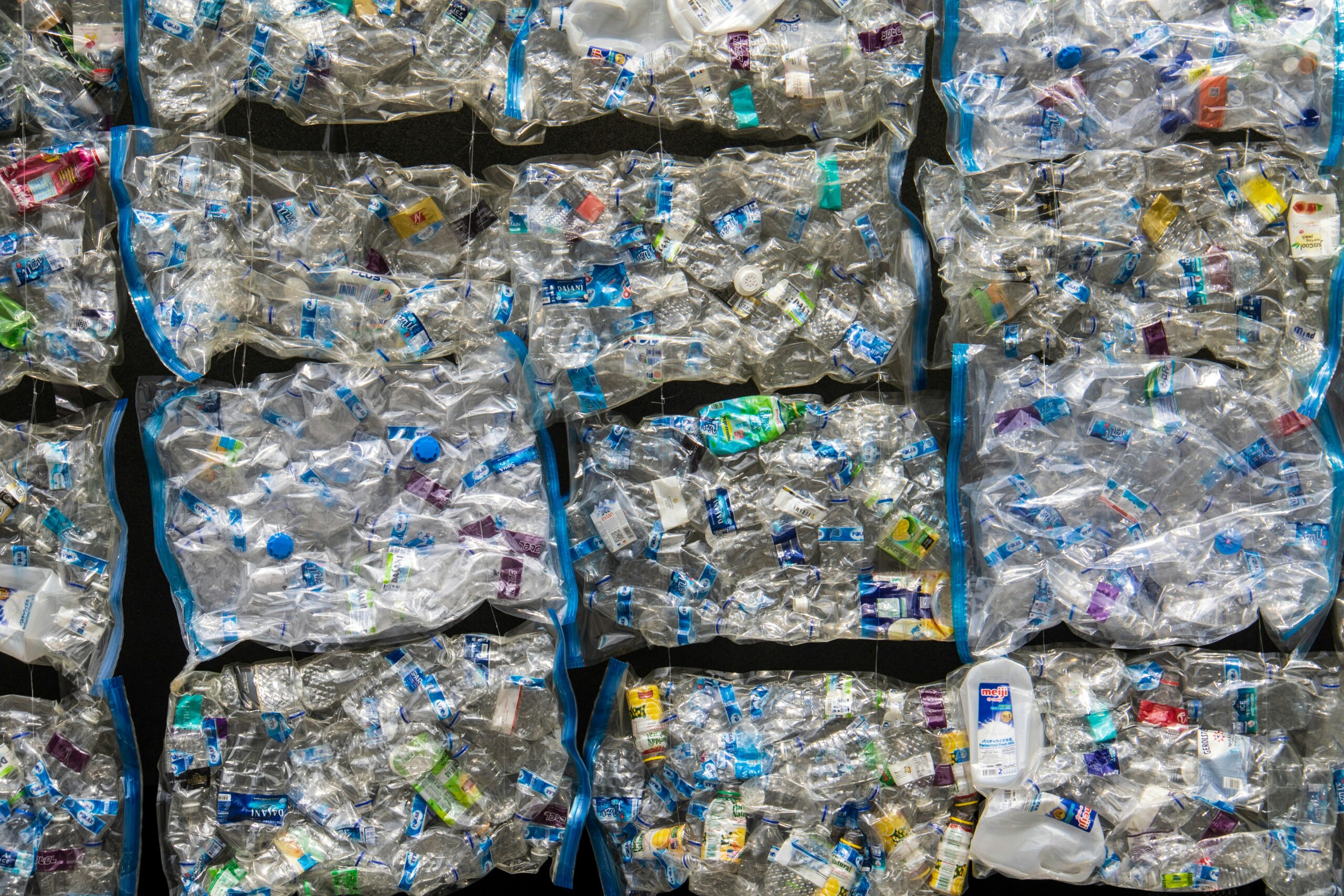
As the United Nations negotiations in Geneva approach their conclusion, the prospect of reaching a consensus on a global treaty to combat plastic pollution seems increasingly unlikely. With the talks now in their final stretch, divergent views among the 184 participating countries have led to a rejection of the latest draft proposal.
Key Facts
- The current draft text, introduced by Luis Vayas Valdivieso, the talks’ chair, has been widely criticized for not addressing critical issues such as the limitation of plastic production and the use of harmful chemicals in plastic products.
- Approximately 100 countries have expressed a desire to not only manage waste but also curb plastic production and address the toxicity of the chemicals involved.
- Oil-producing nations, primarily concerned with waste management, have pushed back against broader measures, leading to a significant rift among the negotiating parties.
Background
The negotiations aim to establish a legally binding framework to reduce plastic pollution, a persistent and escalating global issue. Over the past two and a half years, five rounds of discussions have failed to yield an agreement, reflecting the complex interests at play among different nations.
Environmental advocates and a large bloc of countries seek comprehensive measures that include cutting down plastic production and eliminating toxic components. However, oil-producing countries, grouped as the Like-Minded Group, argue for a more focused approach on waste management.
Reactions and Statements
Reaction to the draft has been overwhelmingly negative. Panama’s negotiator criticized the draft for its lack of ambition, equating it to a ‘surrender’ rather than a solution. The European Union and Kenya have dismissed the proposal as inadequate, lacking in ‘clear, robust, and actionable measures.’ Several countries, including Tuvalu and Norway, have echoed this sentiment, emphasizing that the draft falls short of the necessary measures to effectively tackle plastic pollution.
On the other side, Kuwait, speaking for the Like-Minded Group, has stated that the draft ‘goes beyond our red lines,’ stressing the need for consensus to forge a meaningful treaty. Saudi Arabia and the United Arab Emirates have also voiced concerns over the scope of the treaty, seeking clearer definitions of obligations.
What’s Next?
As the negotiations head into their final hours, the draft is subject to significant revisions. Environmental groups and NGOs are calling on ministers to seize the opportunity to revise the treaty in a way that addresses the root causes of plastic pollution. The World Wide Fund for Nature and Greenpeace have highlighted the urgency of adopting more stringent measures to prevent further environmental damage.
With global plastic production exceeding 400 million tonnes annually and a significant portion contributing to pollution, the outcome of these talks is critical. The world watches as delegates work against the clock to reconcile their differences and forge a path forward.


